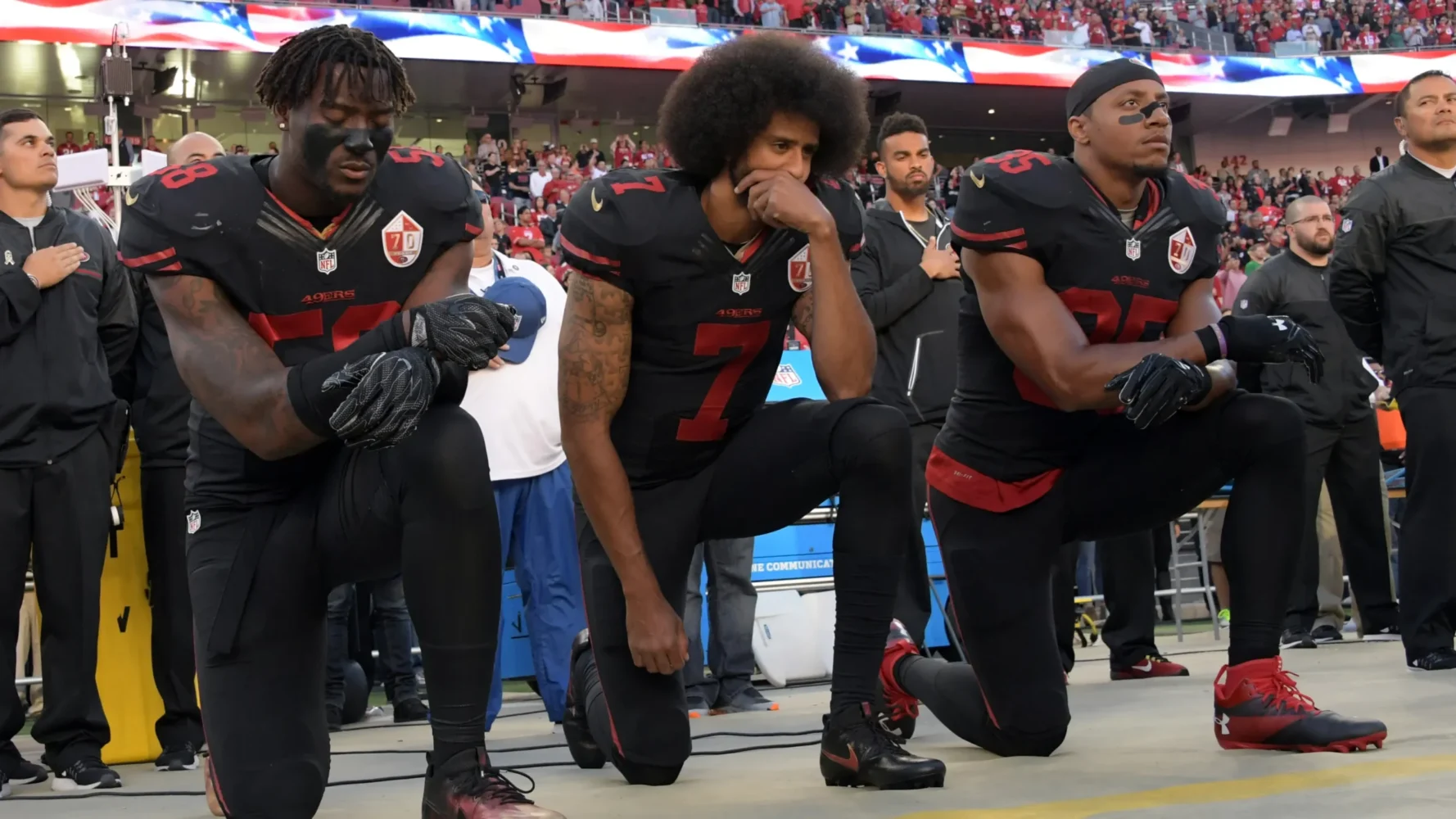Gone are the days when athletes stayed in their lanes and left the spotlight to traditional celebrities. Today, they are the spotlight—trendsetters, entrepreneurs, activists, and icons rolled into one. From a rugby captain who unites a nation, to a footballer who scores goals by day and feeds children by night, to an F1 driver turning heads at Paris Fashion Week in full couture, the modern athlete is no longer just a competitor. They’re a cultural powerhouse—shaping conversations, redefining influence, and proving that greatness extends far beyond the field.
This cultural shift means athletes are no longer just admired for their physical prowess but celebrated for their voices, values, and visions. Through their actions on and off the field, they challenge perceptions, spark conversations, and drive change in ways few other public figures can. Whether through activism, fashion, or mental health advocacy, athletes are redefining what it means to be a role model in the 21st century.
Check out some inspiring ways athletes are helping to influence society today…
#1. National Unity & Soft Power
Few teams embody the unifying power of sport quite like South Africa’s national rugby team, the Springboks. Their iconic 1995 Rugby World Cup victory—capped by Nelson Mandela presenting the trophy in a Springboks jersey—became a global emblem of reconciliation in a newly post-apartheid South Africa.
They reaffirmed their dominance in 2007 with another World Cup win. But it was in 2019 that they made history once more, when Siya Kolisi—South Africa’s first Black captain—lifted the trophy. His journey from rural poverty to leading a world-champion team resonated far beyond the pitch, inspiring a nation and the world.
And in 2023, Kolisi’s Springboks did it again, becoming back-to-back World Cup champions. With that, they not only solidified their place in the record books but also cemented their legacy as symbols of resilience, diversity, excellence, and unwavering national pride.
#2. Sport Meets Style
Athletes today are just as influential in fashion as musicians or actors—if not more so. Take Formula 1 champion Lewis Hamilton, for instance. He seamlessly merges high fashion with streetwear, often appearing front row at fashion weeks and starring in major brand campaigns. His style choices have made him a fixture in both sports and fashion circles.
In the NBA, the once-simple tunnel walk has transformed into a full-blown fashion spectacle. What used to be a stroll to the locker room is now a curated runway moment, with media outlets regularly ranking players’ ‘tunnel fits’ and analyzing their sartorial choices. It’s a powerful example of athletes’ influence on society, where personal style becomes a form of cultural expression.
Stars like Shai Gilgeous-Alexander and Russell Westbrook are leading the charge—experimenting with high fashion, avant-garde tailoring, and cutting-edge streetwear. Their bold looks have helped cement the NBA as one of the most fashion-forward leagues in the world, proving that today’s athletes aren’t just shaping games—they’re shaping trends, narratives, and identities far beyond the court.
#3. Brand Icons

Athletes have become powerful forces in the fashion world—not just as style icons, but as collaborators, entrepreneurs, and brand-builders. From David Beckham’s high-profile partnerships with Adidas and H&M, to Roger Federer’s minimalist Uniqlo line, and Serena Williams’ empowering label, S by Serena, sports stars are now shaping what we wear both on and off the field. In today’s landscape, athletes aren’t just endorsing brands—they are the brands.
Take Air Jordans, for example: what began as a signature sneaker has evolved into a global phenomenon, influencing everything from streetwear to luxury fashion. Collections like these have blurred the line between performance gear and lifestyle wear, turning technical sportswear into a style statement in its own right.
As a result, athletes’ influence on society has reshaped modern fashion norms. Athleisure—once niche—has become a dominant force, redefining how we dress for both movement and everyday life. Today, sneakers, joggers, and track jackets aren’t reserved for the gym—they’re essentials in the global wardrobe.
#4. Redefining Strength
Athletes are playing a pivotal role in shifting public attitudes around mental health and masculinity. Voices like Naomi Osaka and Michael Phelps have openly shared their struggles with anxiety and depression, helping to normalize these conversations both within sports and beyond.
In traditionally tough arenas like rugby and boxing, this openness has created a powerful ripple effect, breaking down stigma and encouraging others to speak out. Boxer Tyson Fury, for example, has bravely shared his battles with depression and suicidal thoughts.
These global sports icons are sending a clear message: “It’s okay to not be okay.” By doing so, they’re reshaping what strength truly means. This cultural shift challenges outdated notions of masculinity, showing that real strength includes vulnerability—and that confidence extends far beyond performance on the field.
#5. Athletes as Activists

Many believe politics and sports should stay separate, yet some athletes boldly use their platforms to drive social and political change. From Colin Kaepernick’s powerful protest against racial injustice to Marcus Rashford’s tireless campaign against child poverty in the UK, and Megan Rapinoe’s fierce advocacy for gender and LGBTQ+ equality, these athletes challenge systems far beyond the playing field.
Their high visibility amplifies their voices, shaping public opinion, holding institutions accountable, and sparking broader movements. In an era where influence is currency, athletes have become some of the most compelling and effective voices for real change.
Conclusion
Athletes today are more than competitors—they’re cultural powerhouses, shaping everything from politics to personal style. Their influence on society is undeniable, whether it’s building national unity, challenging outdated norms, redefining fashion, or using their platform to campaign for change. Their impact reaches far beyond the game.
In a world where visibility and authenticity matter, athletes have emerged as some of the most compelling voices of our time. And as their reach continues to grow, so too will their ability to inspire, challenge, and shape the world we live in.
Featured image: CBS Austin
For the latest in fashion, lifestyle and culture, follow us on Instagram @StyleRave_
—Read also
